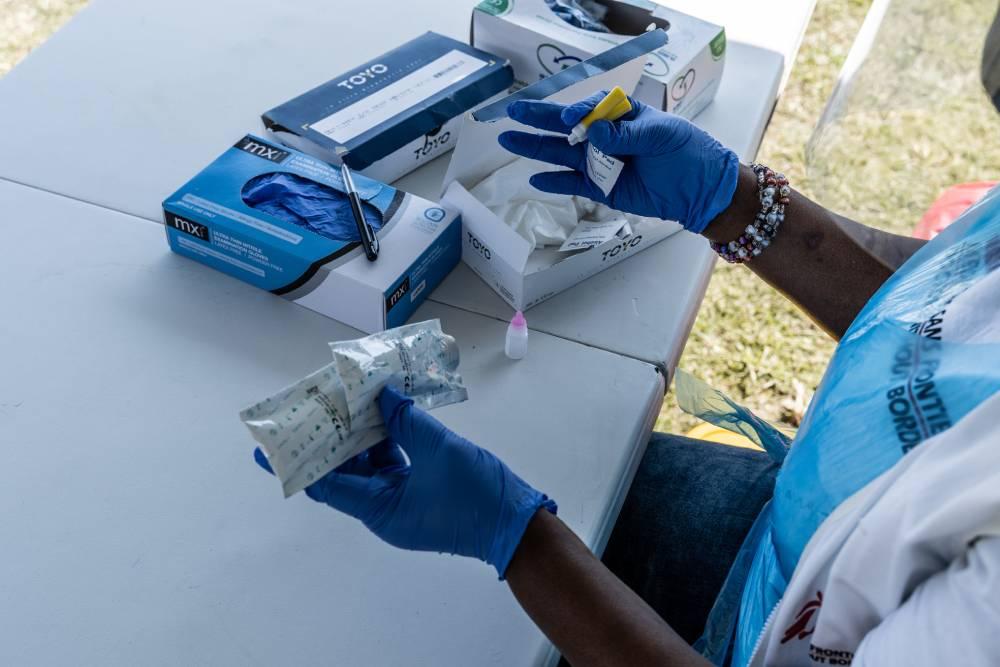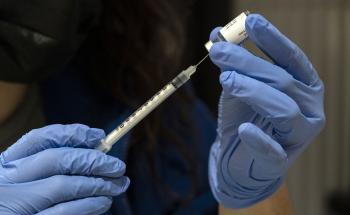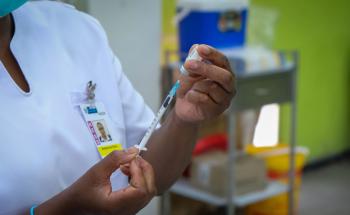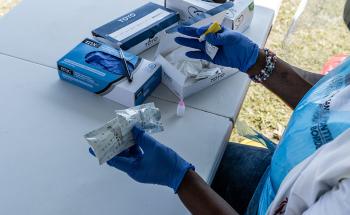In late March, Johnson & Johnson’s (J&J) COVID-19 vaccine was authorised for use, with conditions, in South Africa. But five months later, the country has received a mere 4, 264, 400 (13.6%) of the 31.2 million doses it has procured — and only 3.2 million doses will be delivered in September, according to health department figures.
This means that by the end of September, South Africa would only have received about a quarter (23.4%) of its J&J supply — and that is if J&J actually delivers the doses on time (we’ve seen several delayed deliveries from the company over the past few weeks).
The jab requires only one shot — Pfizer, the other vaccine that South Africa uses, consists of two doses — and has less stringent storage requirements than Pfizer.
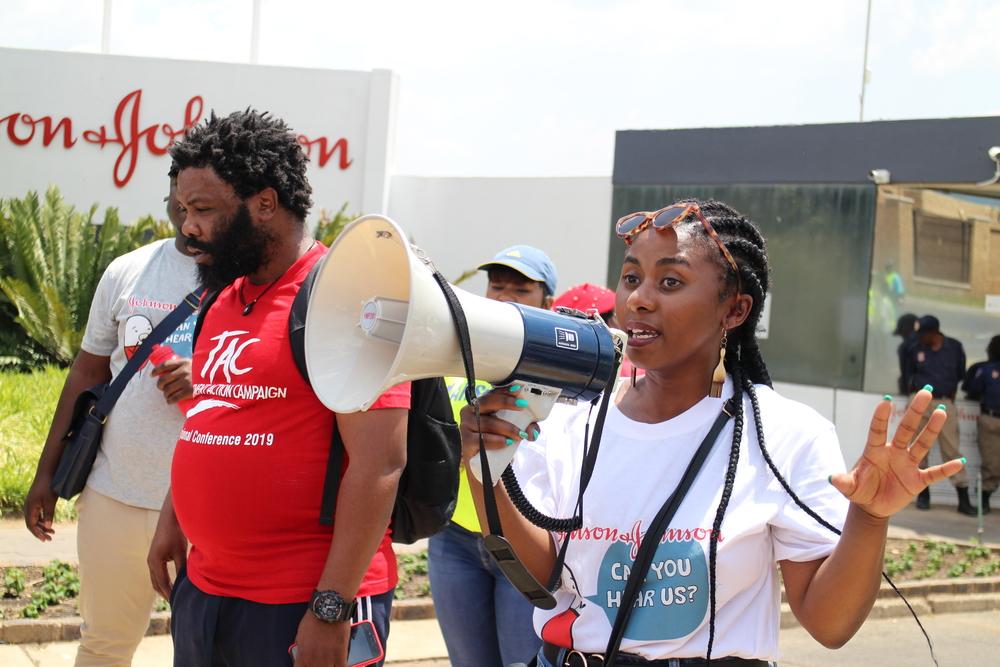
That makes J&J ideal to use in rural areas, where people may have to travel long distances on poor roads to vaccination sites, and may therefore be less likely to return for a second shot. Access to complicated cold chain requirements is also limited in more remote districts. J&J’s slow delivery has stagnated South Africa’s vaccination roll-out.
By the beginning of September, South Africa had administered just over 12.5 million vaccine doses, of which only about one in ten (2.3 million) were J&J shots (this is without the 500 000 doses which were used in the country’s Sisonke implementation trial).
The proportion of adults who are fully vaccinated in rural provinces such as Mpumalanga (9.2%) and Northwest (11.4%), where J&J would help considerably to speed up vaccinations, are far below the national average of about 15%.
With only four months to go until the end of the year, when the health department plans to have most adults vaccinated against COVID-19, doubt is mounting about J&J’s ability to fulfil their contractual obligations on their already-overdue doses.
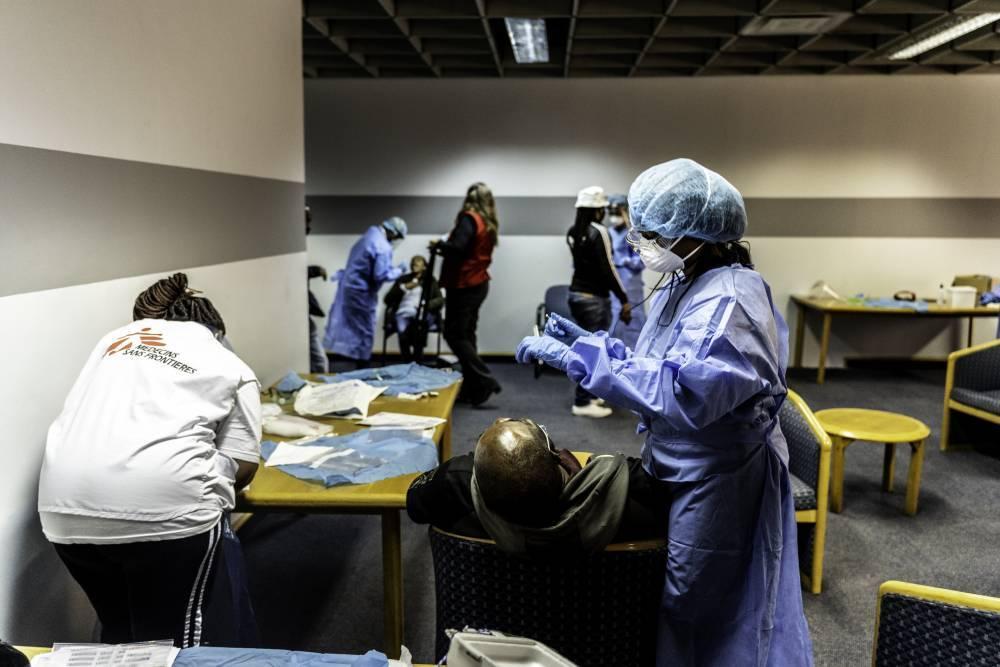
The company’s drug substance (the key ingredient of the vaccine) production delays earlier this year, halted the ability of Aspen Pharmacare — a local vaccine manufacturer which “fills and finishes” vaccines for Janssen Pharmaceuticals and Janssen Pharmaceutica NV, the manufacturers of J&J’s jab, on contract — to deliver jabs. “Fill and finish” means Aspen imports the drug substance of the J&J vaccine, then mixes it with an inactive drug substance, puts it in vials, and packages and labels it.
More concerningly, in the past days, we have learnt that Aspen has exported some of the J&J vaccines they have produced to Europe, even as South Africa and other countries in Africa scramble for vaccine doses to inoculate people.
The current license agreement between Janssen Pharmaceuticals and Aspen lacks transparency on how many of the up to 300 million annual doses Aspen says it can “fill and finish” will be dedicated to South Africa and other African countries. It also limits Aspen’s rights to determine to which countries the doses they “fill and finish” are allocated.
Although President Cyril Ramaphose has announced that Aspen has initiated a discussion with Janssen Pharmaceuticals about a full production license, there is no indication of a timeline.
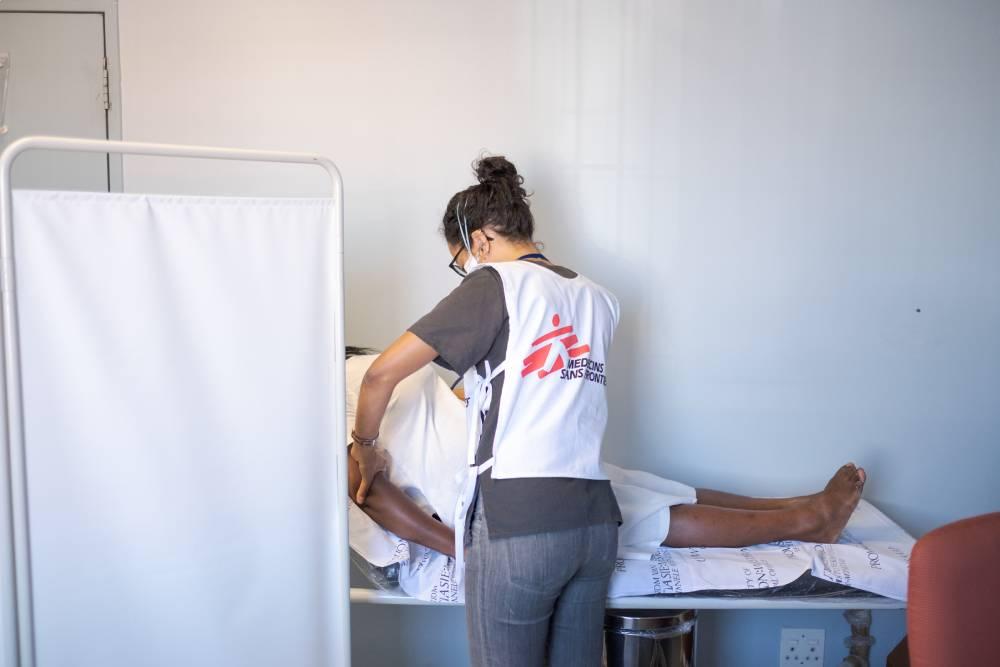
All of this is happening against the background of South Africa had contributed hugely to J&J’s research — one of the legs of the vaccine’s efficacy trial, the Ensemble study, was conducted in South Africa and the country also ran an implementation trial, Sisonke, which looked at the real-life efficacy of J&J’s jab among healthcare workers.
Sadly, J&J is no stranger to this anti-competitive way of doing business; we have seen this before with their monopoly stranglehold of drug-resistant tuberculosis (DR-TB) treatment, bedaquiline. Bedaquiline can cure more people of DR-TB than older, toxic treatments and was developed as a joint effort by public and private entities and the larger TB community.
However, J&J still holds patents on bedaquiline, which is why the drug is highly-priced. This monopolistic way of doing things has impeded access to the treatment and left people with DR-TB taking harmful TB medicines, which need to be injected and often cause devastating side effects.
In light of their production challenges and delayed delivery of the COVID-19 vaccines, Janssen Pharmaceuticals should instead grant Aspen a full technology transfer agreement, including production and distribution rights. This would give Aspen the power to produce and supply additional doses for South Africa and the rest of the continent, where only 2.5% of the population have been fully vaccinated.
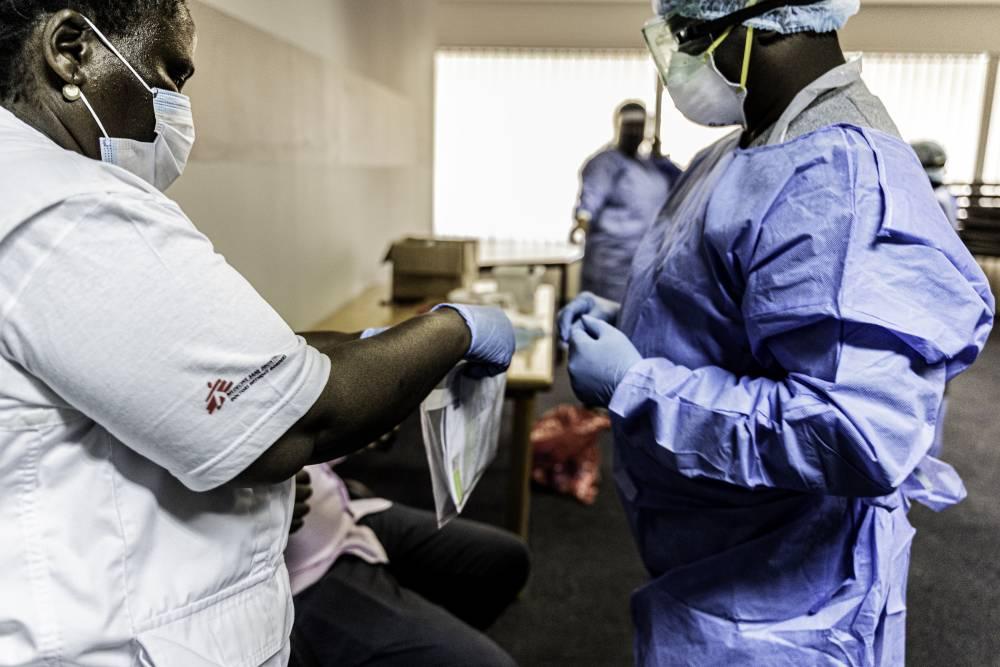
J&J should also share its intellectual property and conduct full technology transfers with other capable manufacturers in low- and middle-income countries via transparent agreements.
The COVID-19 pandemic has magnified the grave consequences of narrow political and commercial interests by pharmaceutical companies and some governments; the result is highly unequal access to lifesaving vaccines.
It is an unfortunately familiar story that requires urgent action to change the ending. Allowing multiple producers of the J&J vaccine on the market would provide a more equitable and sustainable solution than the current piecemeal approach of limited “fill and finish” agreements like the one imposed on Aspen by Janssen Pharmaceuticals.
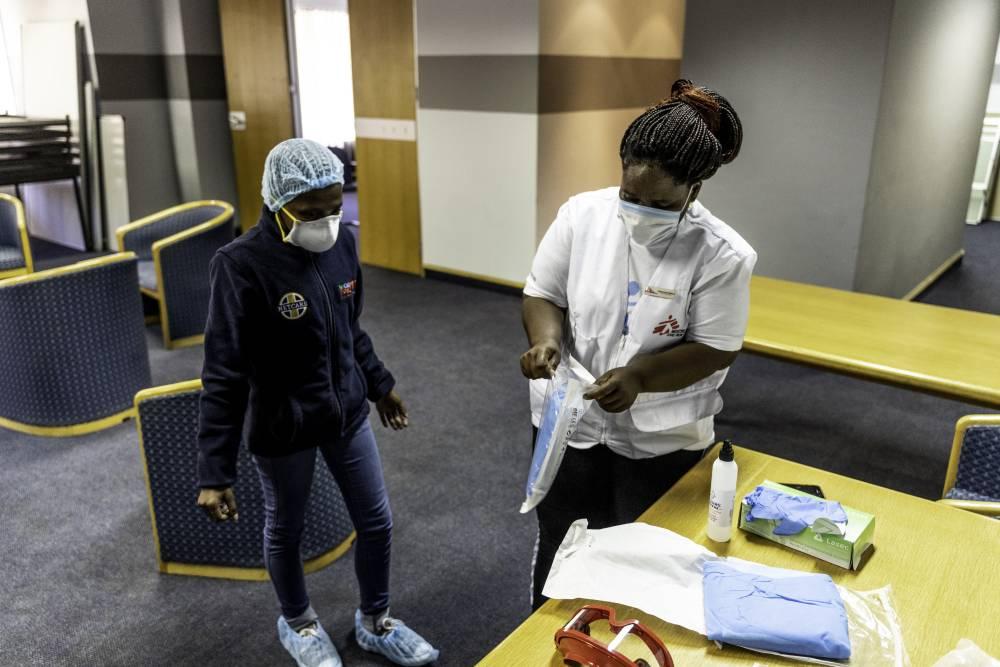
South Africa should also take this opportunity to reevaluate its policies on clinical trial involvement to ensure improved access to any future medical tools developed based on the contributions of South Africans.
The millions of people in South Africa and countries in the Global South who have yet to receive COVID-19 vaccines, should not have to wait any longer. Everyone deserves an opportunity to be protected against COVID-19 as soon as possible. We need dramatically improved access to COVID-19 vaccines to help make that happen.
